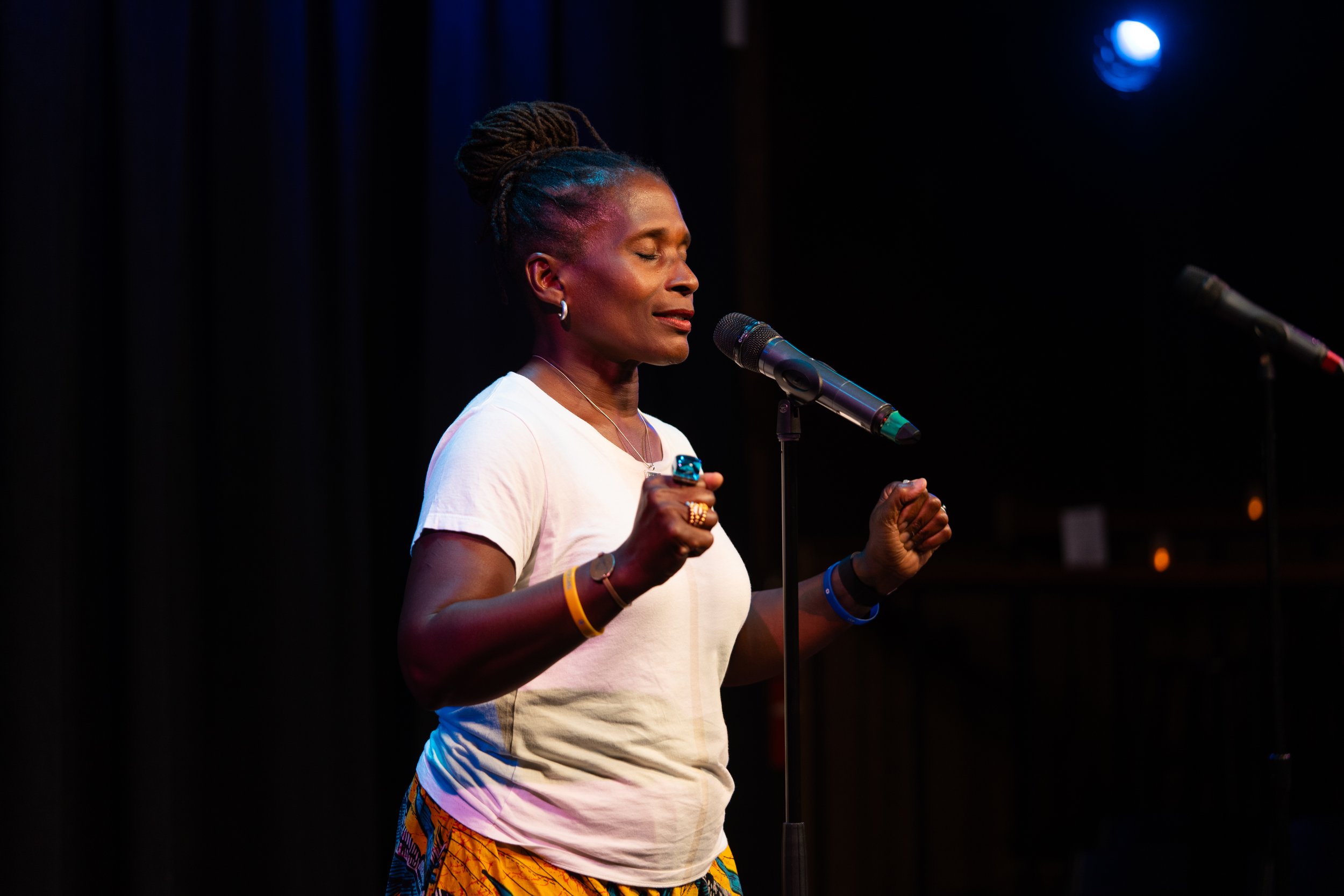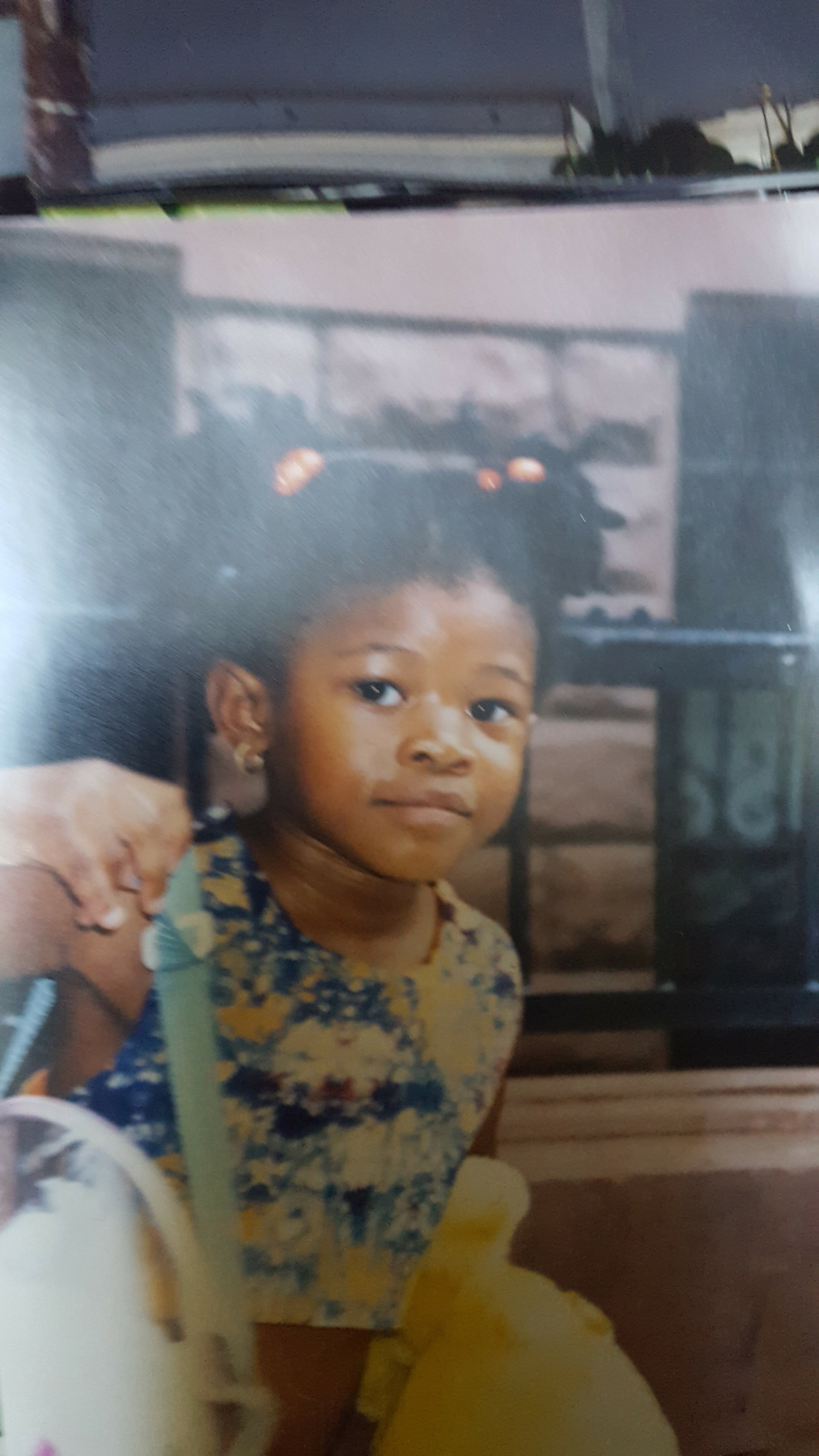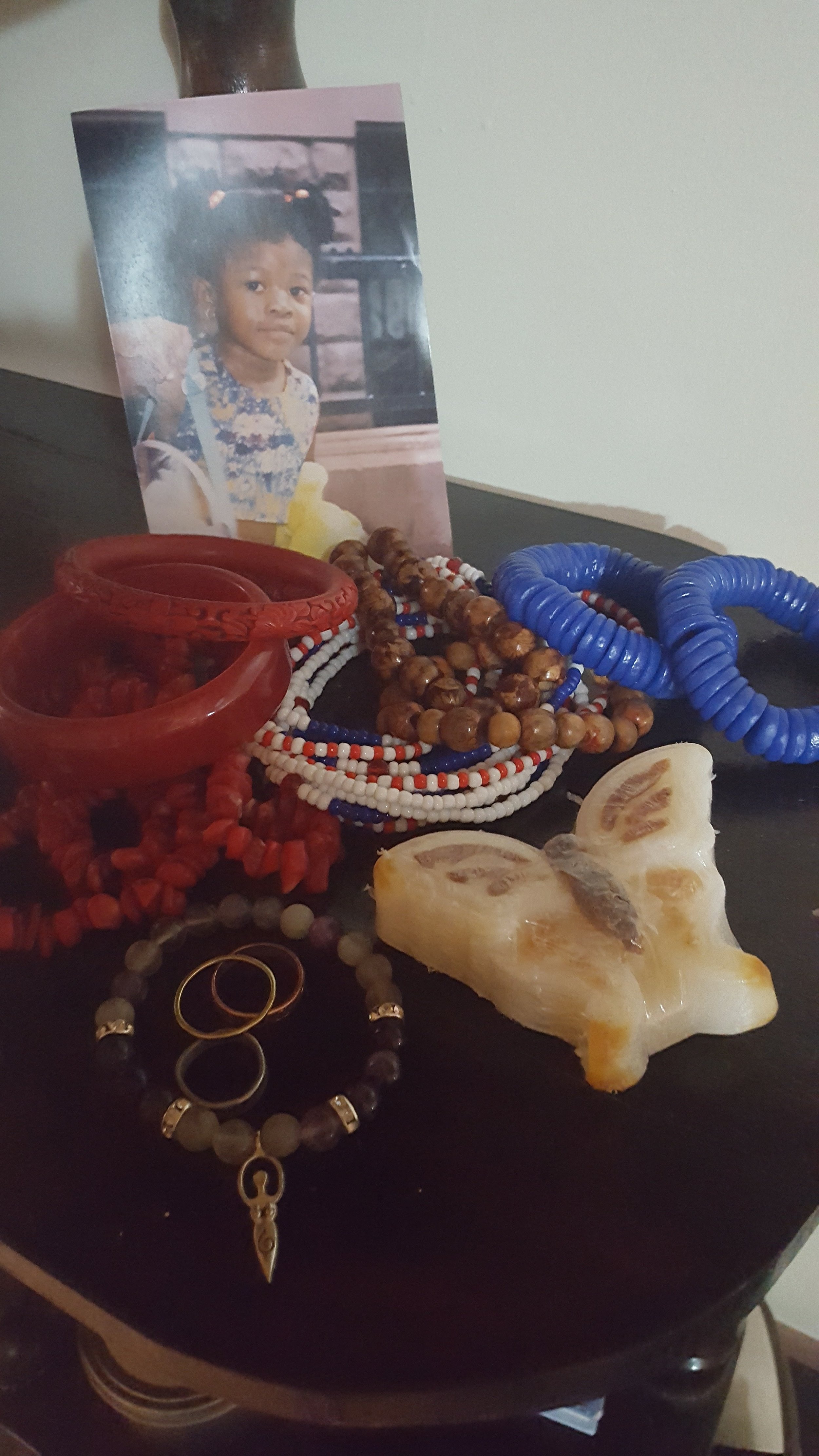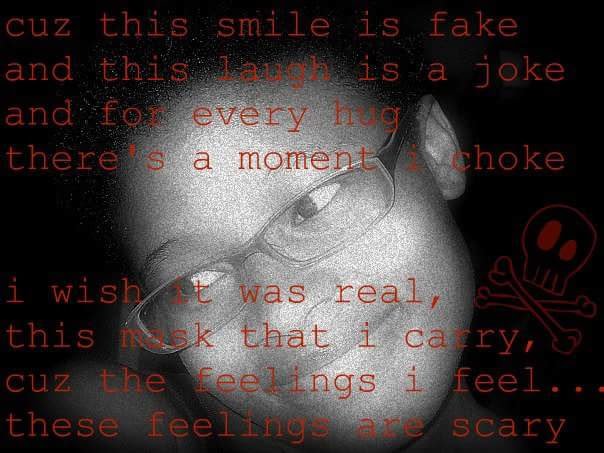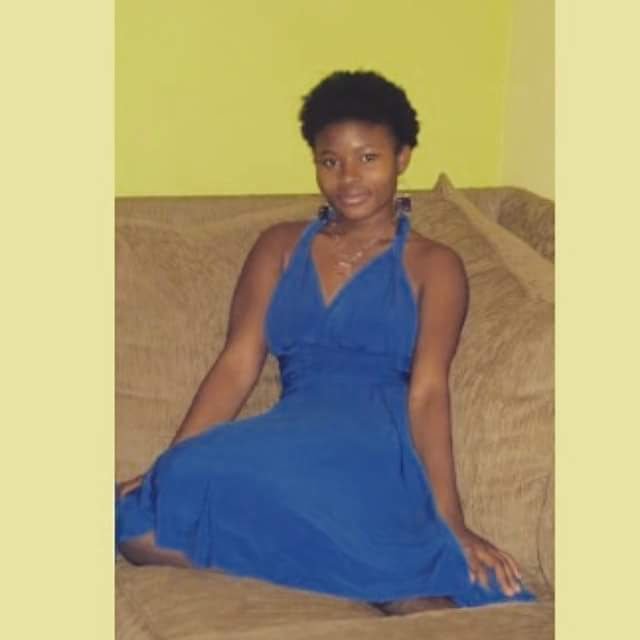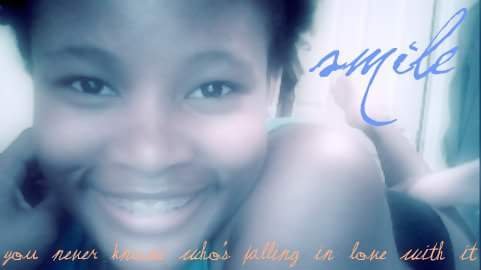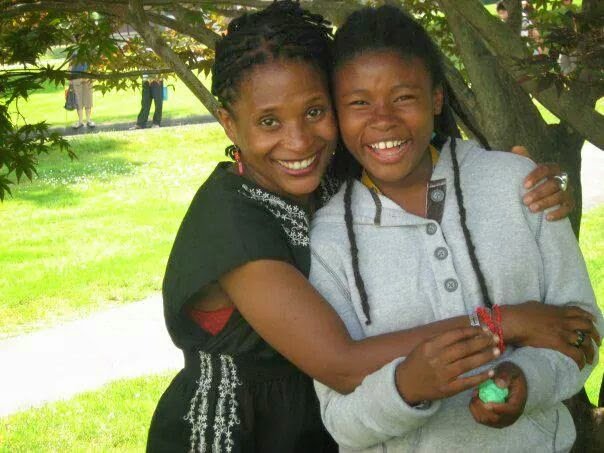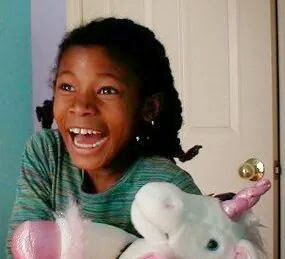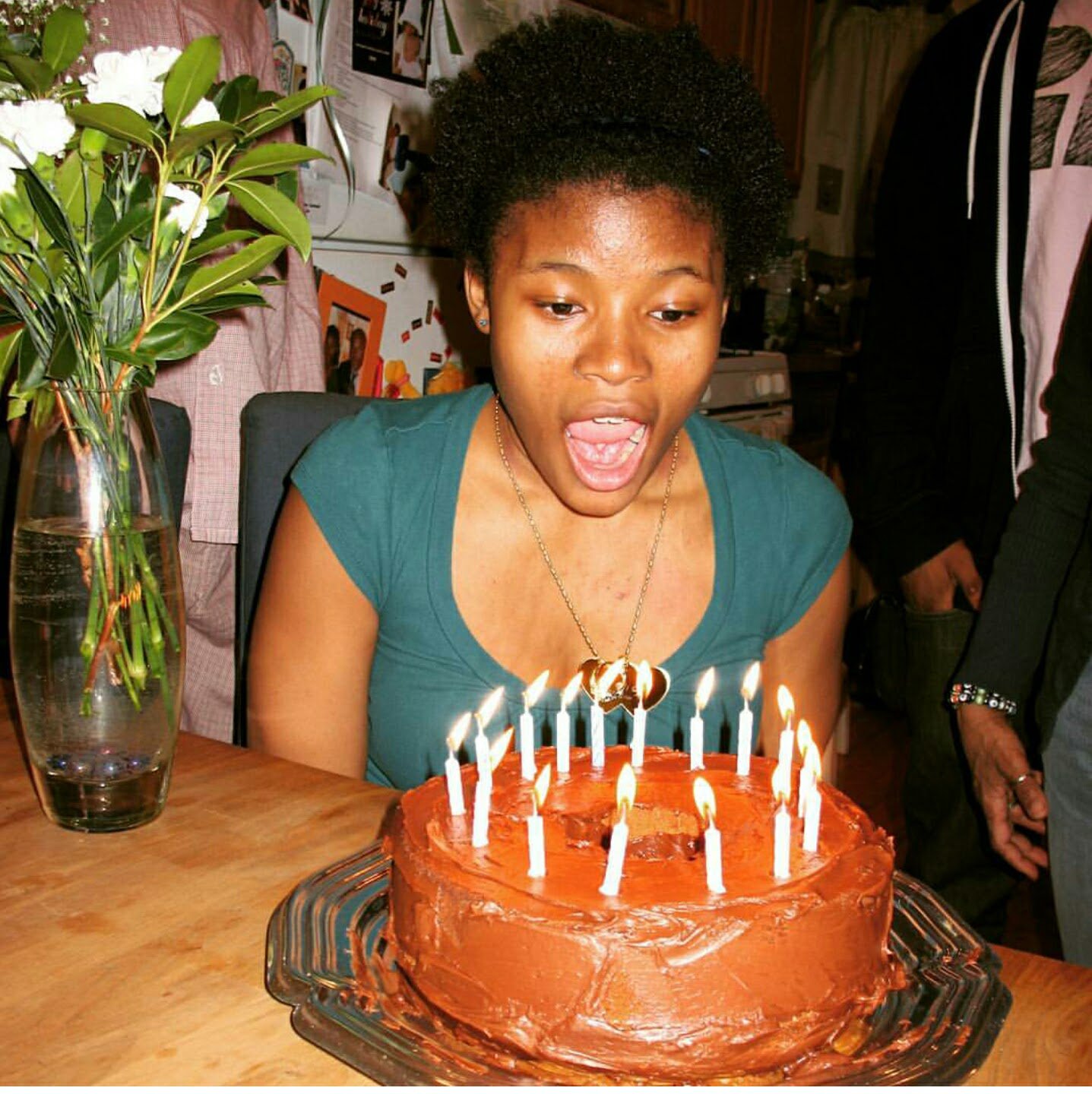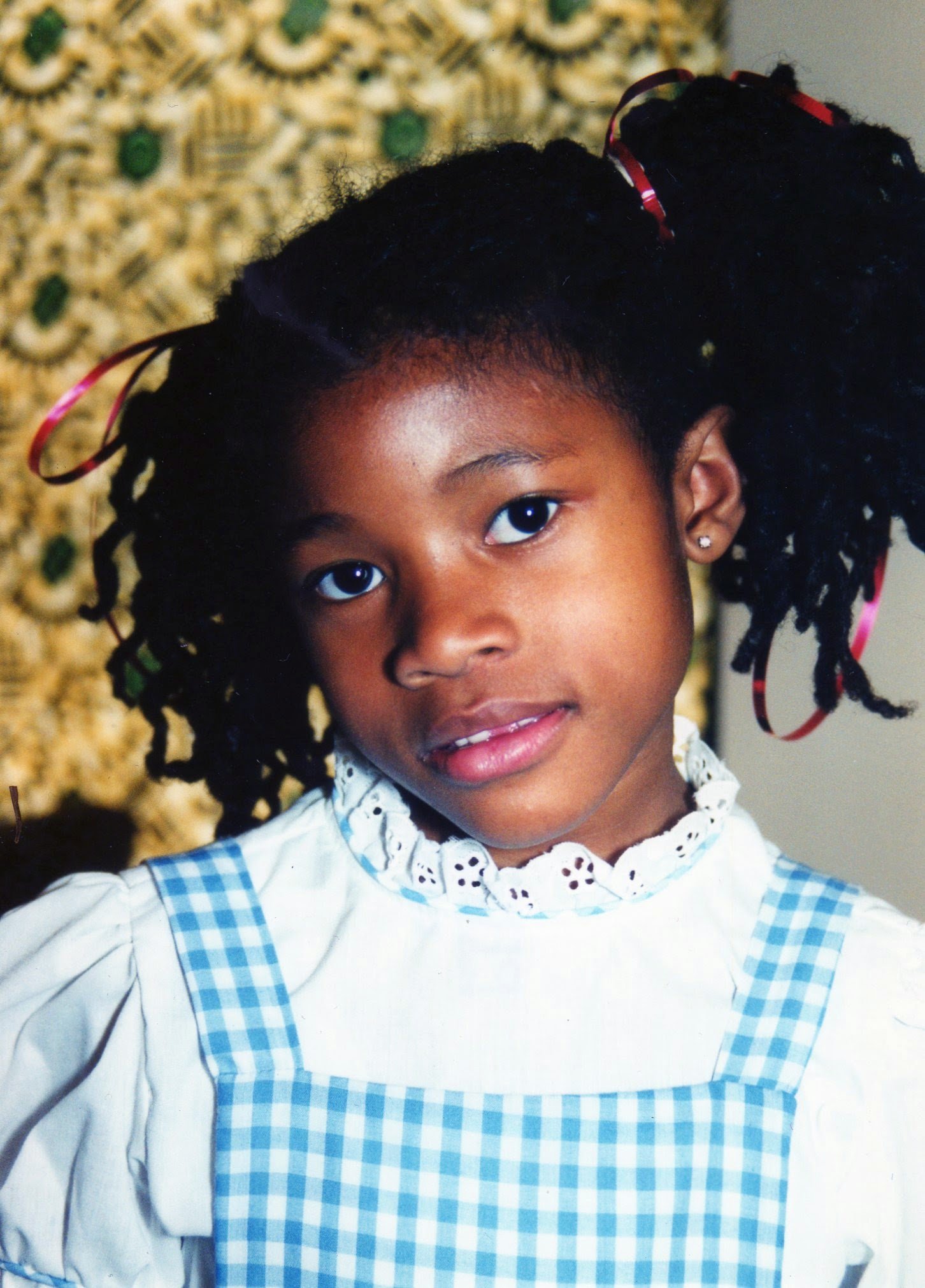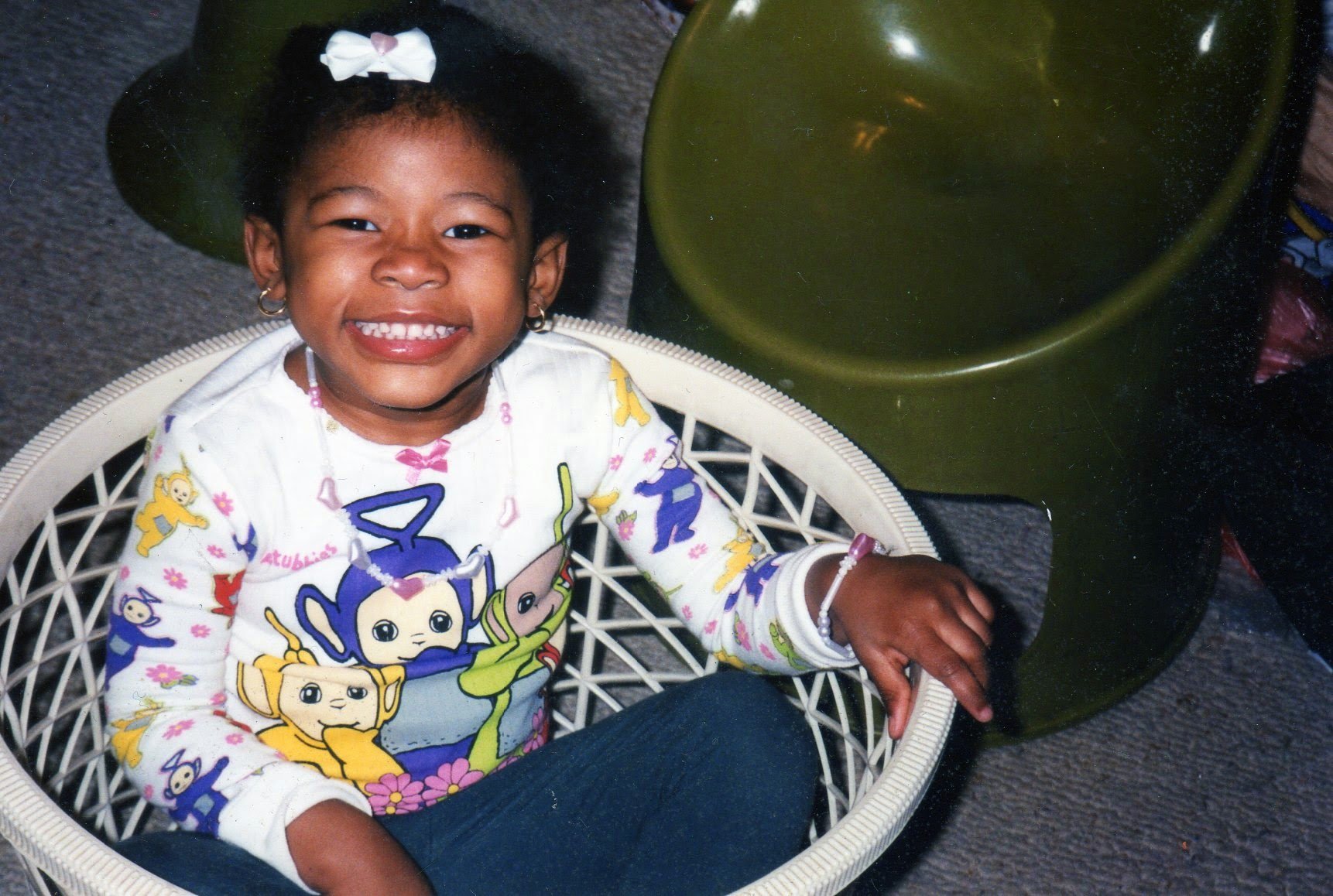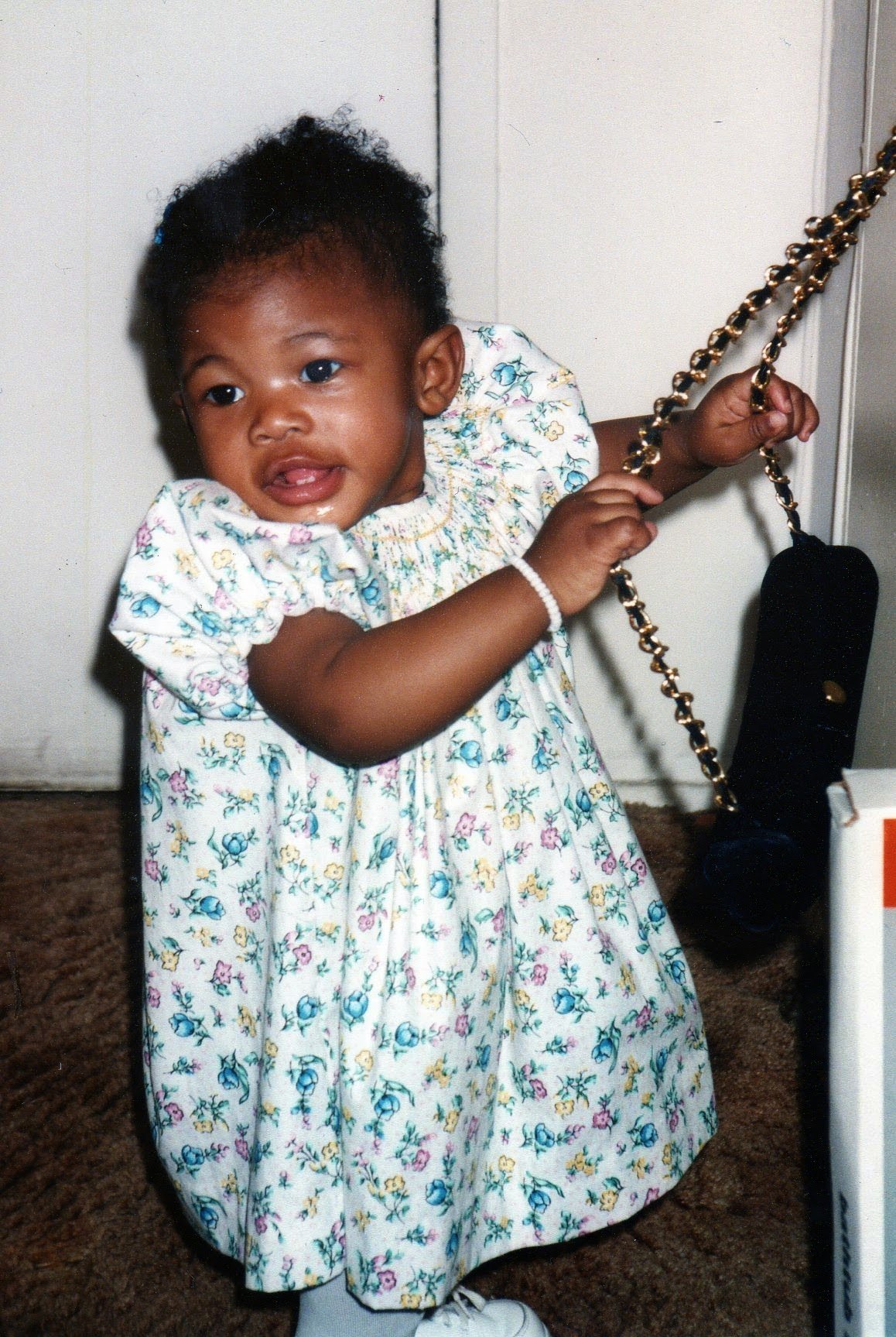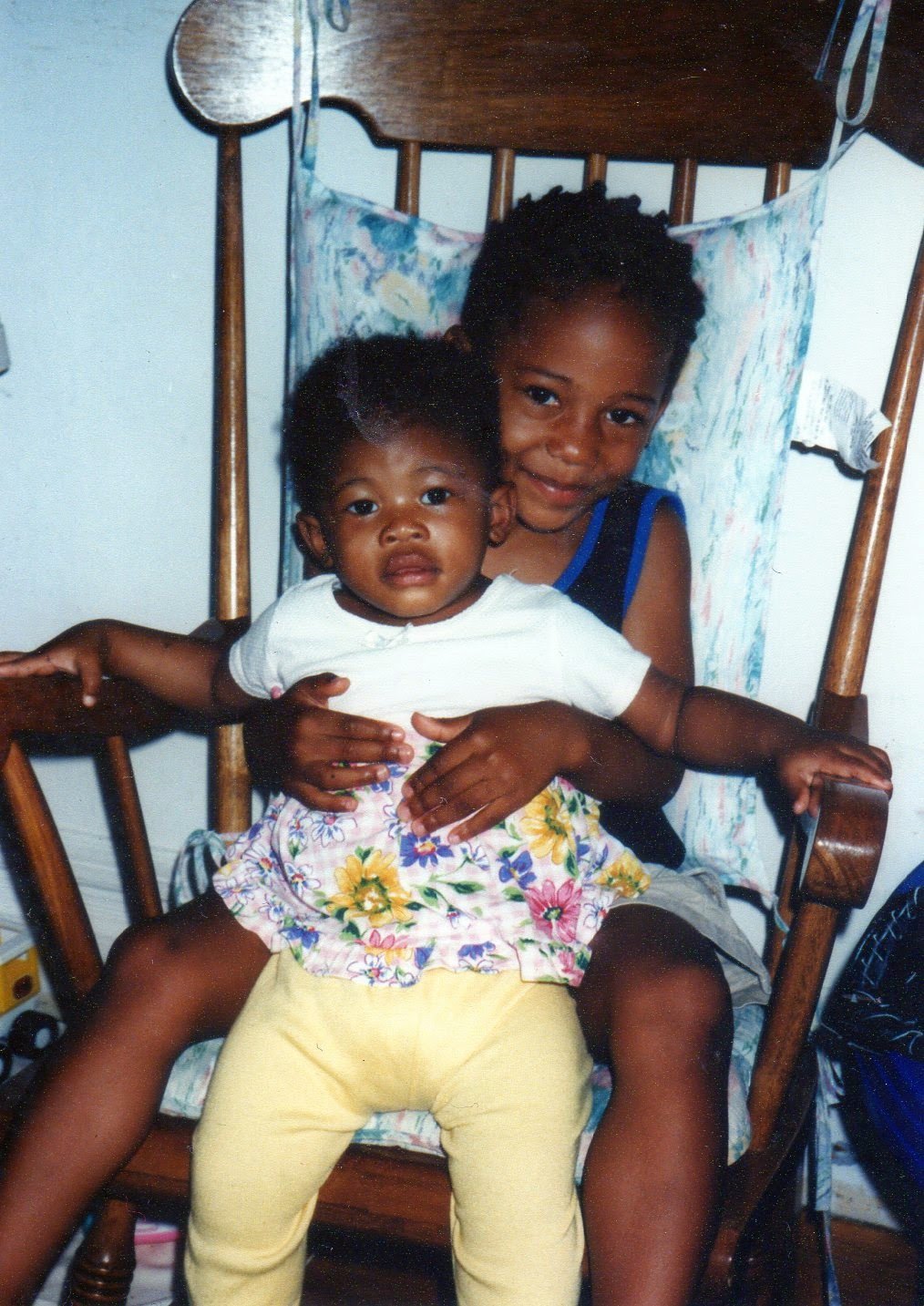There are many ways you can ask someone “Are you okay?” In this week’s episode, both of our storytellers navigate the complexities of human connection and how we show concern for those we love.
Part 1: Dave Kalema keeps lying to his sick mother about how bad his knee injury is.
Dave Kalema is a Ugandan-American documentary filmmaker who tells stories of belonging, identity, and personal transformation. He got his start as the founder of Coin Flyp Media, a video-first media company for the untold, personal stories of change that athletes experience after sports. Dave has filmed NBA, NFL, Olympic, and college athletes as well as artists at various institutions including New York’s famed 92NY and The Moth. In 2021, Dave was chosen for Video Consortium’s Sony Mentorship Program, an initiative for 16 emerging filmmakers to develop projects with professional support. Dave is also a Moth GrandSlam Story Champion and has performed all over the New York City and Philadelphia areas.
Part 2: Dionne C. Monsanto doesn’t know how to help her daughter with her mental illness.
Dionne C. Monsanto is a bestselling author, speaker and holistic wellness coach that creates the space for her clients to realize their goals and build better versions of themselves. As the Chief Joy Connector and founder of Joyous Ocean, she’s taught thousands of yoga/dance classes. She has appeared on TV, radio, podcasts, print ads and magazines. She leads the way calling us to live life INjoy. Her belief is that we can collectively change the world if we each build a joy-filled body to support the lives we want to live. Dionne has inspired communities and transformed clients all over the world to right-size their bodes and lives. The “Dionne effect” has reshaped lives in 6 of the 7 continents. She is a native New Yorker and global citizen that has appeared on TV, radio and in print, including features on CBS, PBS, NPR, Essence magazine and Time magazine. She sits on the National Chapter Leadership Council for the American Foundation for Suicide Prevention (AFSP) and is an active volunteer with her local chapter as well. She is a helper who loves cooking, music and laughter. She sees them all as moving meditations.
This story does include mentions of suicide, self-harm, and childhood sexual abuse. In case you’d find them helpful, now or at any point in the future, we have some resources available on our website.
Episode Transcript
Part 1
The moment I opened my eyes, I knew something was wrong. I'm laying on my back, looking up at the lights of the high school gymnasium. And my teammates, the opposing players, and the ref, they're all looking down on me.
“Oh, my God, look at his leg. What the fuck happened to his leg?”
Dave Kalema shares his story at Caveat in New York, NY in October 2023. Photo by Zhen Qin.
I'm trying to see what they're all looking at, so I try to lean forward. That's when I realized that my body was in shock.
This was January 2008. I'm 15 and I am a sophomore bench warmer for the boys varsity basketball team. I got in the game with 40 seconds left and I touched the ball for the first time, and I got injured.
We're playing this away game in DC, so I get taken to the emergency room. I'm sitting there on this hospital bed with the worst pain that I've ever felt in my life, trying to listen to this doctor as he's talking to me.
The door bursts open, and my mom comes through, and she said, "The school called me to let me know what happened. I got here as soon as I can."
My mom is giving me a hug and she's consoling me. The doctor takes a step back and he's watching this interaction between my mother and I. After a few moments, he comes to my mom and he puts his hand on my mom's shoulder, and he says, "Ma'am, can I please speak to you outside?"
I can't hear this conversation. I'm just looking at it through the frame, watching a busy hospital wing go on around them. The doctor is pointing back in the direction to where my mom came from. My mom's shaking her head and she's pointing at me. She's looking at me in the room and she's kind of doing this. And the doctor has this look of compassionate misunderstanding. You know, he's nodding, and he's trying to listen.
My mother has two face masks on and plastic gloves. She's like adamant about getting back in there. My mother and the doctor come back in the room. The doctor looks at me and he says, “I just spoke to your mother about how risky it is for her to be in this room right now, in this hospital. She told me about her cancer. And so I'm going to tend to you quickly so you both can get out of here.?
The night before, I'd called my mom right before her third round of chemo, but I didn't know that she really wasn't supposed to walk up in a hospital like that.
We're sitting there. At 2:00 AM, the doctor comes back in the room. He has this big envelope and he takes out my x-rays. And my mother and I are looking at my right tibia bone broken in two pieces.
I had surgery after that and so I was away from boarding school for weeks. I couldn't walk, so I'm sleeping on a mattress on the floor in my living room while my mother barely had any energy sleeping right next to me on the couch in our living room, recovering.
Eventually, I went back to school. But when I came home for the summer, I arrived with screws in my knee and no money for physical therapy. And because of mom's treatment, there was no money for our summer plans either. I was 15 and that was just the second time in my life that my grandmother, my mom's eight brothers and sisters, and my 27 first cousins were not going to spend the summer with us in Uganda.
Dave Kalema shares his story at Caveat in New York, NY in October 2023. Photo by Zhen Qin.
It's day four of the summer and I'm walking up to my room. And when I hit that fifth stair, my knee completely gives out and I fall back down. I'm five months post‑surgery and I'm clutching my knee, nervous that I might never play sports again.
I limp to the kitchen computer and I open up Google, “How to rehab a surgically repaired knee.”
The next day, I wake up at 7:00 AM and I'm sitting on the floor of my living room. Nobody's awake. And I start doing these exercises that I researched. Then I go out for a run and I come back. And when I come back, my mom opens the door as I'm just slowing down my stride, ending this run.
She says, “I made breakfast. Eat with me.”
So, I'm eating breakfast with my mom. Nobody else is awake. And she says, “How is your knee?”
And without hesitation, I said, “It's fine.” I lied. I said, “Oh, there's nothing to worry about.” I didn't tell her about what happened yesterday.
She says, “No, no, no. It's my job to worry. How's your knee?”
And I shrug it off because she has too much to worry about.
She says, “All right. Tomorrow, you gotta wake up at 6:00. The sun won't be up. You'll have a cooler run. At least do that for me,” and I oblige. I don't want the fuss.
The next day, I wake up at 6:00. I do my exercises. I go for a run. She made breakfast again. She asked me, “Hey, how's your knee?”
Same lie. “Mom, it's great.”
And we just keep this routine up, her and I, in these mornings, checking on each other.
This goes on for the summer. It's mid‑July, halfway through the summer. I get up at 6:00, do the routine. I come back. No breakfast. Go to my parents' room. No mom. Search the house. No dad.
An hour later, my dad comes back and he says, “Get in the car.”
I get in the car. I'm in the passenger seat. And we're taking a familiar path. I know we're going to the hospital. We take a few different turns. We end up at the airport, Dulles Airport in Virginia. My grandmother just got off this 16‑hour flight from Uganda and we wait. My aunt gets off this flight from Texas.
We're in the car and nobody's saying anything. The air is thick. They drop my brothers and I off at the house. My dad takes my grandma and my aunt to the hospital. My dad comes back at the end of the day not saying anything.
It's like this for a few days and I'm nervous. For the first time in my life, I opened up a journal and I said how scared I was that I might lose my mom. I was worried about whether I'd play sports again.
My dad keeps coming back at the end of the day. I don't see my grandmother and my aunt that week, but I keep getting up and I do the routine.
It's the weekend now. It's day six. It's Saturday. My dad comes back in the morning. He says, “Get in the car.”
My brother and I, we get in the car. I'm in the passenger seat. We go to George Washington Hospital in DC. We park. We take the elevator up to the ICU. We get off on this busy hospital floor. We take a right, a left, and another right.
And I'm looking at this door frame. I know that the person I'm looking at in the door frame is my mother, but I don't recognize her. Her hair is gone. The color in her face is all washed out. She looks fragile. She looks weak. She's got those ugly hospital socks on that barely cover your feet.
And the whole time I'm observing this, my feet keep moving. Once I enter that door frame, I see the silhouette of my aunt and my grandmother and a doctor.
Dave Kalema shares his story at Caveat in New York, NY in October 2023. Photo by Zhen Qin.
My mother picks her head up and we lock eyes. The moment we lock eyes, tears fall down her face and she puts her head back down. I keep walking. and I put both hands out to hug her.
And just when I do that, my grandmother whispers, “Be gentle. Be gentle.”
I get to my mom and her body is shaking. She's fragile. She just got out this 13‑hour surgery fighting for her life and I'm trying to hug her with as much love and grace as I possibly can. I don't know how to do that. I'm 15.
And when I hug her, our faces are touching. The tears from her face are rolling down my eyes. And she's hyperventilating because she's looking for words that she doesn't have. Her body can't give her that strength.
And I say, “Mom, it's okay.”
When I say that, her fingertips just tuck my shirt every so slightly. She's trying to muster some strength to find the words. And she says, “How's your knee? Tell me your knee is okay.”
And I lie again. I said, “Mom, it's okay. It's fine. You don't got to worry.” I wasn't going to say anything in that moment.
And my grandmother, she stays the rest of the summer to help my mom get back on her feet. My mom's not always at breakfast, but pre‑season soccer is coming and I have to make sure my knee is ready. So, I'm up at 6:00, I keep doing the thing.
I'm a junior back at boarding school now. It's a cold late November day. Around 3:30 PM, I get a call. It's my mom.
She says, “Your dad told me you're playing in the state championship game. Because I'm sick, I'm not gonna stand out in the cold. I will not be there, but I'm wishing you luck and telling you that I'm with you in spirit.”
And I say, “Mom, that's how it should be. You shouldn't be out there. I got it from here. I'll call you after the game.” We hang up.
We drive two‑and‑a‑half hours down to Virginia Commonwealth University. We're playing the state championship game in the arena. The Star-Spangled Banner is playing and the lights are flashing through the whole space. I open my eyes and I'm looking at the top of the arena in the back. And with two masks on, gloves and a blanket, it's my mom waving like this.
The first thought I had was like, “Oh, she shouldn't be here. Why is she so worried? She shouldn't be here?”
And I just play the game. And the game is long. It goes into double overtime. Double overtime happens and I see my mom sneaking into the car to heat up. When the game resumes, she comes back out.
We win the game. It's long. It goes into PKs. I scored one of the winning goals.
And we win that game. We're cheering. We have championship shirts on. I have a medal around my neck. I see my mom slowly making her way down the bleachers. She comes and she gives me this hug. It's a long hug.
She says, "I just had to see for myself how your knee is."
And I say, "Mom, I know you're sick, but I'm so glad you came. And my knee has never felt better.”
For the first time in ten months, I didn't have to lie.
Thank you.
Part 2
I'm a great mother. Siwe, my daughter, short for Afua Pili Busisiwe Ayo Monsanto, brilliant girl. She was published in English, Spanish, a dancer, an author. This girl could do anything. She could write that whole name at four years old. I should have known that was the case when she was born exactly on her due date. That girl was so smart, I used to tell people I was going to wind up working for her someday.
During my career at Morgan Stanley, I was blessed to work three blocks away from their school. That meant I got to show up for bake sales. I got to do all the things, like parent committees. It was awesome. I needed to be the sort of parent that my mom was that showed up all the time, even if I was working full time.
Dionne C. Monsanto shares her story at Caveat in New York, NY in July 2023. Photo by Zhen Qin.
My daughter and I, we were overachievers. We were making names for ourselves, me in financial services, her in school.
So now, we look at this kid and she's like, "Hah." She would tell you things. She would read things on the train. She was too smart for her own good. I looked at this one and I was like, "Oh, what a blessing.”
But the mood swings.
Do you remember the times when there was only one PC in the house? She came home in a panic. She had a homework assignment and she needed the computer now. But my older son was on the computer.
A fight was going to ensue. So, it's like, "Well, when is your project due?"
“In two weeks!”
“His homework is due tomorrow. You need to wait.”
She was not having it. She was inconsolable. And then came the tears, like waterworks for 45 minutes at least.
Situations like this were fairly common in our house. So, I was actually relieved when she was diagnosed with depression and anxiety disorder. There are tried‑and‑tested remedies for that. There's therapy. With the DSM‑5, if you answer five out of nine questions in a certain way, considering you have symptoms for a prolonged period of time, you get a diagnosis. This also meant we weren't alone. Other people were dealing with this.
And it also felt good that they said that this was fairly common as a diagnosis for highly gifted and talented children.
What do we do? Therapy. Great. When was I going to fit therapy in our already overpacked schedule, and she leaves for camp next week? Okay.
To say I was stretched thin is an understatement, working at Morgan Stanley, three kids, a landlord, a house, dating, but I come from a long line of we‑can‑and‑we‑do women. No excuses. We'll figure it out.
Fast forward. With the support of family and friends, I'm thankful. And Paul and I, her father, we were co‑parenting well together.
This weekend, his weekend, I get a call.
“Di, have you seen Siwe?”
“Uh, it's your weekend, sir? No?”
“Well, she ran off.”
“Pardon?”
“She… well, we were talking about some things. We were talking about some things, and there's this boy she really likes at school, and I just didn't want her first experience to be with some knucklehead who didn't care about her. So I fondled her.”
I was driving. I hit something and I yell, "What? Are you saying that you had sex with our daughter?”
Dionne C. Monsanto shares her story at Caveat in New York, NY in July 2023. Photo by Zhen Qin.
“Oh, no. Nothing like that. I kind of part.”
I'm a little dizzy at this point and I realize I probably should not be driving while I have this conversation.
“Paul, I don't know what's wrong with you, and I don't know what the cops are gonna do when they catch hold of you, but I've got to find my daughter.”
Back in church, they try to help me process what I had just heard. We make calls, and calls, and calls. Finally, a man answers her cell phone.
He assures me, this police officer, that my daughter's okay. “She's at New York Presbyterian Hospital.”
“Okay. Thank you, sir. I'm in Queens. I am in my car. I will get there as fast as I can.”
Traumatized and tearful, I get to New York Presbyterian. I walk in and I am greeted by police officers and ACS, the Agency of Child Services.
I'm in a daze. I'm like, “I just wanna see Siwe. Where is my child? What happened?”
They tell me that I have to calm down, and I have to be strong for her.
I pull it together. And once I've pulled it together, we go see her.
Siwe is curled up in a ball. She's wearing pink pajamas and pink track shoes. She's embarrassed and ashamed at 11 years old.
Paul was a good father, until he was not. A piece of my daughter died that day. It was a Sunday. She had school on Monday, and she just wanted her book back. She'd done her homework.
Our lives became a series of appointments. Assistant District Attorney's Office, Agency of Child Services, Victim Services, her therapy, and I still had that job, three kids, house, landlord. I was overwhelmed and I ate my stress. I easily gained 80 pounds.
But Siwe, she didn't have any place to put her stress, so she started to harm herself. She was dealing with PTSD, PMDD, depression and anxiety. So she became a cutter.
I had been a stranger to mental illness until this point. We were besties. We were intimately acquainted.
Paul was sentenced to five years in jail. We felt safe. We move on with life. We learn her triggers. We're in school. We're traveling. We're performing. We're getting back to our new norm and I get a call. Siwe had attempted suicide?
Dionne C. Monsanto shares her story at Caveat in New York, NY in July 2023. Photo by Zhen Qin.
I cannot share the method of her attempt as that is not safe messaging with Suicide Awareness and Prevention. But for three weeks, we visited the Pediatric Psych Ward as a family. We did homework. We had dinner. And we played games. This was our new norm. It was a daily thing.
When they released her from the hospital, they told me I needed to sanitize my house. What? My house is clean.
What they mean is you need to remove anything and everything that she could possibly kill herself with.
I live in a house. I've got a backyard. There's gardening tools. There's cleaning supplies. There's over‑the‑counter medication. There's kitchen knives. Well, that began our lives of 24‑hour suicide watch. I could not have done that without my family and my friends.
Well, one life, one year, one week led to several years, several weeks. And one suicide attempt led to another suicide attempt, led to another suicide attempt until she ultimately died by suicide on Wednesday, June 29th, 2011. My Siwe was gone.
I had found yoga after a near deadly case of pneumonia and I was thankful for my yoga mat. I couldn't do a lot of things, but I could show up on my mat and I had this rectangle of peace where nobody was asking me questions. Nobody asked, “Why?” “What happened?” “Why?” “Why would she kill herself?” There is no one reason that anyone takes their own life. I didn't have the answers and there were so many questions.
The majority of people that have a mental illness, they don't even die by suicide. And less than one‑third of the people that do are in treatment at the time of their death.
This was not supposed to be my story. I was grieving. I was recovering from pneumonia. I have my two sons to raise and there were so many things I could not do, but I could continue to show up on my mat. I could do yoga every day and have my peace, because I come from a long line of we‑can‑and‑we‑do women. No excuses.
Back at work, I realized I kind of didn't fit in anymore. Financial services, I had changed and it had not. And with the help of my therapist, I left. I left and I became a Bikram Yoga teacher.
I now live a life fueled by passion, purpose and joy. I wrote a book. I'm an author. I coach, I speak, I teach yoga and I teach dance. I'm happy. I even got to work for the Siwe Project, a nonprofit named after my girl. Life manifested a way for me to work for that child.
Everyone that knows me knows I have three children, even though my girl is deceased. Siwe lives. Siwe lives on through me. The me I am today was born because of my loss. Death is a reminder for the living to live.




